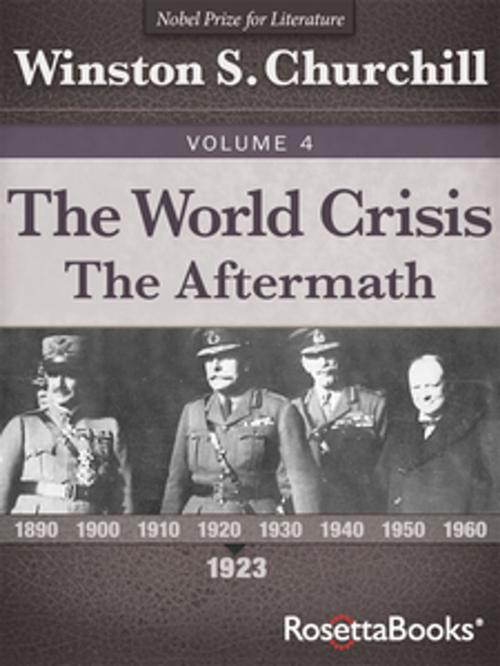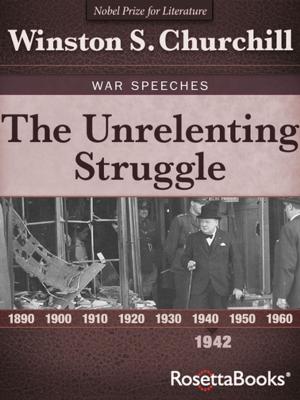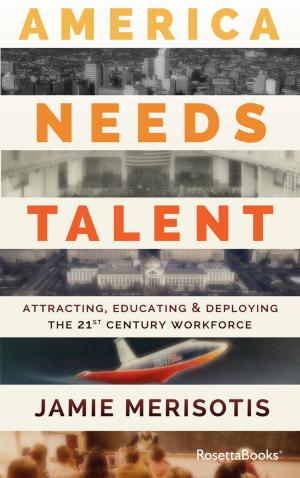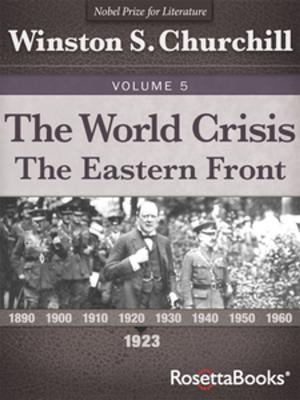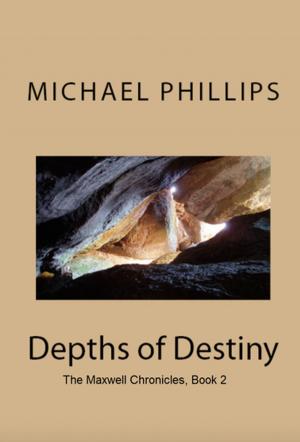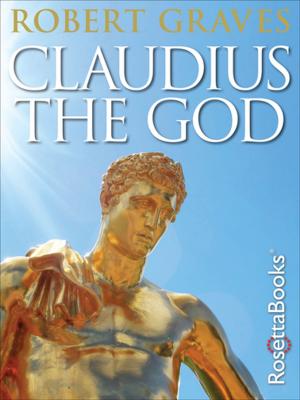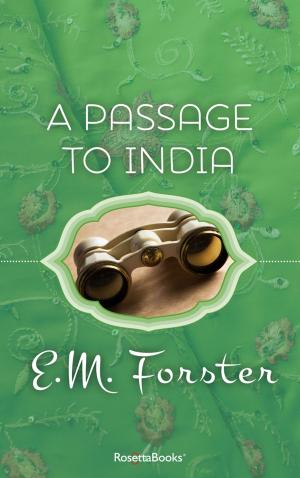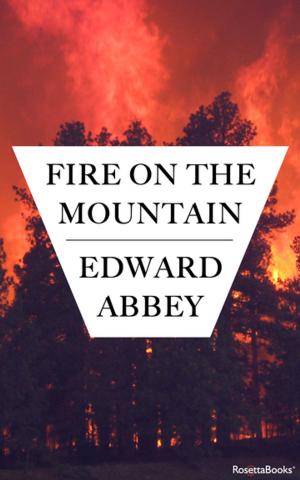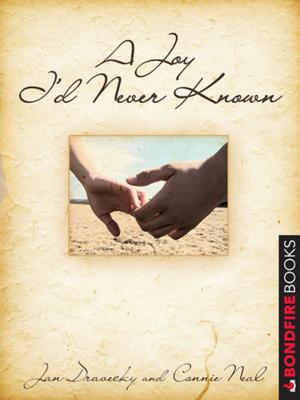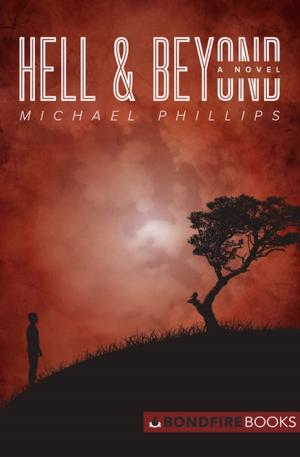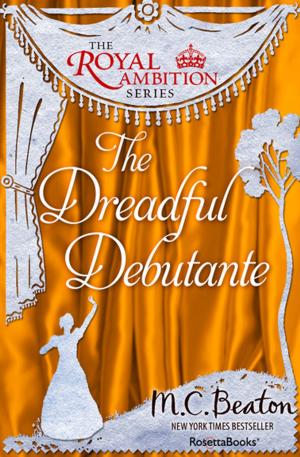| Author: | Winston S. Churchill | ISBN: | 9780795331510 |
| Publisher: | RosettaBooks | Publication: | September 23, 2013 |
| Imprint: | RosettaBooks | Language: | English |
| Author: | Winston S. Churchill |
| ISBN: | 9780795331510 |
| Publisher: | RosettaBooks |
| Publication: | September 23, 2013 |
| Imprint: | RosettaBooks |
| Language: | English |
The aftermath of World War I is explored in the fourth volume of Winston Churchill’s “remarkable” eyewitness account of history (Jon Meacham,****bestselling author of *Franklin and Winston*).**
Once the war was over, the story didn’t end—not for Winston Churchill, and not for the West. The fourth volume of Churchill’s series, The World Crisis: The Aftermath documents the fallout of WWI—including the Irish Treaty and the peace conferences between Greece and Turkey.
The period immediately after World War I was extremely chaotic—and it takes a genius of narrative description and organization to accurately and accessibly describe it for us. Churchill, who went on to receive a Nobel Prize in Literature, depicts the international disorganization and anarchy in the period immediately after the war—with the unique perspective of both a historian and a political insider.
“Whether as a statesman or an author, Churchill was a giant; and The World Crisis towers over most other books about the Great War.” —David Fromkin, author of A Peace to End All Peace
The aftermath of World War I is explored in the fourth volume of Winston Churchill’s “remarkable” eyewitness account of history (Jon Meacham,****bestselling author of *Franklin and Winston*).**
Once the war was over, the story didn’t end—not for Winston Churchill, and not for the West. The fourth volume of Churchill’s series, The World Crisis: The Aftermath documents the fallout of WWI—including the Irish Treaty and the peace conferences between Greece and Turkey.
The period immediately after World War I was extremely chaotic—and it takes a genius of narrative description and organization to accurately and accessibly describe it for us. Churchill, who went on to receive a Nobel Prize in Literature, depicts the international disorganization and anarchy in the period immediately after the war—with the unique perspective of both a historian and a political insider.
“Whether as a statesman or an author, Churchill was a giant; and The World Crisis towers over most other books about the Great War.” —David Fromkin, author of A Peace to End All Peace
